
4 vitamins to reverse neuropathy and damaged nerves – relieve foot & hand pain fast!
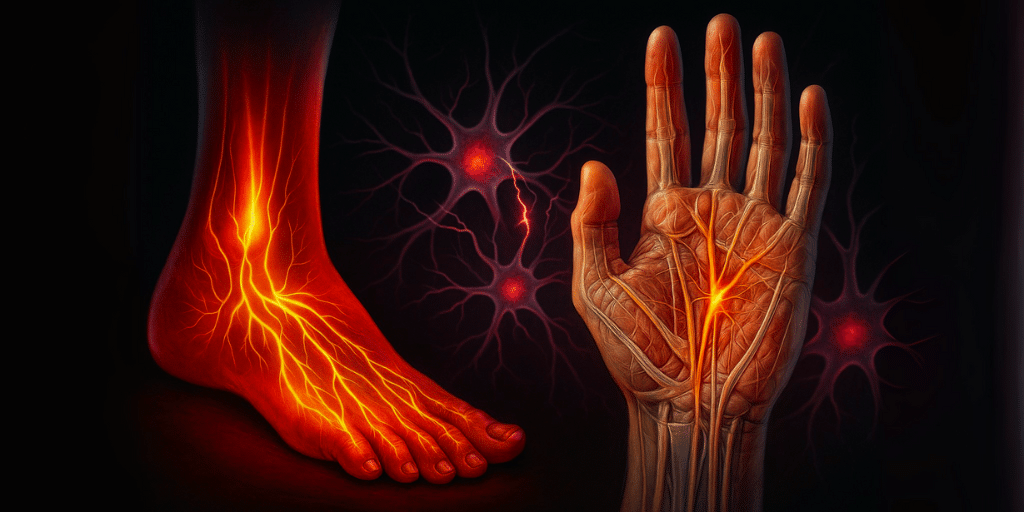
Neuropathy, a condition affecting millions, causes symptoms like pain, burning, tingling, and numbness in hands and feet. This article explores natural ways to manage and even reverse neuropathy, focusing on key supplements and lifestyle changes. We’ll look at how certain vitamins, minerals, and natural compounds can help regenerate damaged nerves and ease discomfort. Understanding the root causes, from vitamin deficiencies to underlying health issues, is key to finding relief. (Based on the expertise of Dr. RN Veller)
🔥What is Neuropathy?

Imagine your nerves as electrical cables connecting your brain and spinal cord to the rest of your body. Just like cables, nerves have a protective covering called myelin. This myelin sheath not only protects the nerve but also helps electrical signals travel quickly and correctly. When this protective layer gets damaged, it’s like a frayed cable. This damage can happen for many reasons, such as poor posture, disc herniations, lack of vitamins, or just getting older. When parts of the nerve are exposed, it can lead to pain, tingling, burning sensations, and other symptoms.
Neuropathy can show up in two main ways:
- Sensory Neuropathy: This happens when the nerves that control what you feel are damaged. You might experience sharp pain, burning, tingling, or numbness. It’s like your feet or hands are falling asleep without a clear reason.
- Motor Neuropathy: This affects the nerves that control your movements. Symptoms here include muscle weakness, paralysis in severe cases, or muscle wasting. It can sometimes look like a stroke, but it’s not.
It’s important to know that neuropathy doesn’t always cause pain or tingling. Sometimes, it affects nerves that control balance, leading to problems with coordination. Some people might even lose the ability to tell if something is hot or cold.
When doctors talk about “peripheral neuropathy,” they’re referring to damage to nerves outside the brain and spinal cord, usually in the arms, hands, legs, and feet. This is where the damage often happens.
📌What Causes Neuropathy?

Understanding the causes of nerve damage is the first step to finding solutions. Here are some common reasons:
- Lack of Vitamins: Vitamins, especially B vitamins (B12, B6, and B9), are super important for healthy nerves. You might not get enough of these if you don’t eat enough meat or if you have intestinal parasites. These parasites can quietly steal your B12, leading to neuropathy over time. Also, some common medicines can cause vitamin deficiencies. For example, metformin, used for diabetes and other conditions, and antacids like omeprazole, can make it harder for your body to absorb these vitamins. If you take these medicines, it’s a good idea to check your B12 levels at least once a year.
- Nerve Compression: Sometimes, a nerve gets squeezed or pinched. This is often due to poor posture, like how you sleep or sit, or spending too much time typing on a computer. A tumor in your spine or a herniated disc can also press on nerves, causing neuropathy in your legs, feet, or hands. Muscle tension from stress can also lead to nerve compression, especially in the neck area.
- Hidden Infections: Believe it or not, some infections can cause nerve damage years later. One example is Treponema pallidum, the bacteria that causes syphilis. It’s more common than you might think, and it can inflame your body and damage nerves, leading to neuropathy and even dementia. The good news is that even old infections can be treated with penicillin.
- High Blood Sugar (Diabetes): Diabetes is a big cause of neuropathy, especially for people who have had diabetes for a long time or don’t manage their blood sugar well. High sugar levels in the blood can damage nerves over time, leading to what’s called diabetic neuropathy.
- Medicine Side Effects: Besides metformin and omeprazole, other common medicines can cause neuropathy. For instance, taking too much vitamin B6 (pyridoxine) can actually lead to nerve damage. While B vitamins are good for nerves, excessively high doses can turn the remedy into the problem, causing tingling, numbness, pain, and muscle weakness.
⚙️Signs and Symptoms of Neuropathy

How do you know if what you’re feeling is actually neuropathy? Here are the most common signs:
- Tingling and Numbness: This is like your feet or hands are falling asleep without a clear reason. Sometimes it feels like pins and needles, or like you’re walking on cotton.
- Pain: Neuropathic pain often feels sharp, burning, or like someone is squeezing your feet or hands. Some people describe it as their feet feeling like they’re boiling. This pain can often get better with the right treatments.
- Muscle Weakness: You might find it hard to grip objects or feel like your feet are weaker than usual. It’s like your muscles are tired all the time and can’t do their job right.
- Balance and Coordination Problems: You might feel wobbly or have trouble walking steadily, like you’re trying to balance on a tightrope. This is often confused with vertigo, but it’s different.
⚠️Warning Signs of Serious Neuropathy

There are three signs that mean your neuropathy might be more serious and needs immediate medical attention:
- Complete Loss of Feeling: If you can’t feel anything in your hands or feet—no touch, no hot or cold, no pain—this is a big concern. It increases your risk of injuries because you won’t feel them.
- Trouble Moving: If you have severe weakness in your hands or feet, can’t walk easily, can’t pick up objects, or struggle with basic tasks like brushing your teeth, it could mean serious nerve damage. Paralysis is the most advanced stage.
- Severe, Constant Pain: If your pain doesn’t go away, even with medicine or supplements, and keeps getting worse, it’s a sign that something more serious might be going on.
✅How to Treat Neuropathy
Treating neuropathy involves two main things: getting enough good stuff into your body and avoiding things that harm your nerves. If you don’t avoid the harmful things, the good stuff won’t work as well.
➡️Natural Compounds and Supplements

Here are some natural compounds that can help:
- Curcumin: This is the active part of turmeric, a spice. It’s been studied a lot and has many benefits with very few side effects. Taking curcumin daily can help with neuropathy symptoms and chronic inflammation. You can add half a teaspoon to your meals, salads, soups, or smoothies. To help your body absorb it better, mix it with black pepper (just a pinch!) or a healthy fat like olive oil, avocado, egg yolk, chia seeds, or flax seeds. Mixing it with black pepper can increase its absorption by 2,000 times! You can also take curcumin supplements, usually 500 mg capsules, twice a day.
- Magnesium: This mineral is super important for nerve health. The best types for neuropathy symptoms are magnesium threonate, malate, gluconate, and citrate. There are different forms, and each has its own benefits.
- B Vitamins: Remember those B vitamins (B12, B6, B9)? Taking daily supplements of these can help your nerves recover, especially if you have any of the risk factors for vitamin B deficiency mentioned earlier. But be careful: too much B6 can actually make neuropathy worse.
- Omega-3: This healthy fat is found in cold-water fish and fish oil. If you take omega-3 supplements, make sure they contain EPA and DHA, which are the important fatty acids.
➡️What to Avoid

To really get better, you need to cut out things that harm your nerves:
- Alcohol: It’s almost impossible to improve neuropathy if you keep drinking alcohol.
- Sugar: Reducing your sugar intake can make a huge difference. Many people see their neuropathy symptoms improve just by doing this.
- Inflammatory Foods: Stay away from ultra-processed foods, bad fats, fried foods, margarine, and vegetable oils. These foods cause inflammation in your body, which also inflames your nerves.
- High-Sodium Foods: Packaged and heavily flavored foods are often high in sodium. This can cause fluid retention, making your body swell and worsening neuropathy symptoms.
- Allergenic Foods: For some people, certain foods can trigger an inflammatory response. Finding out what foods you’re allergic to and avoiding them can help reduce inflammation throughout your body, which in turn helps your nerves.
News in the same category

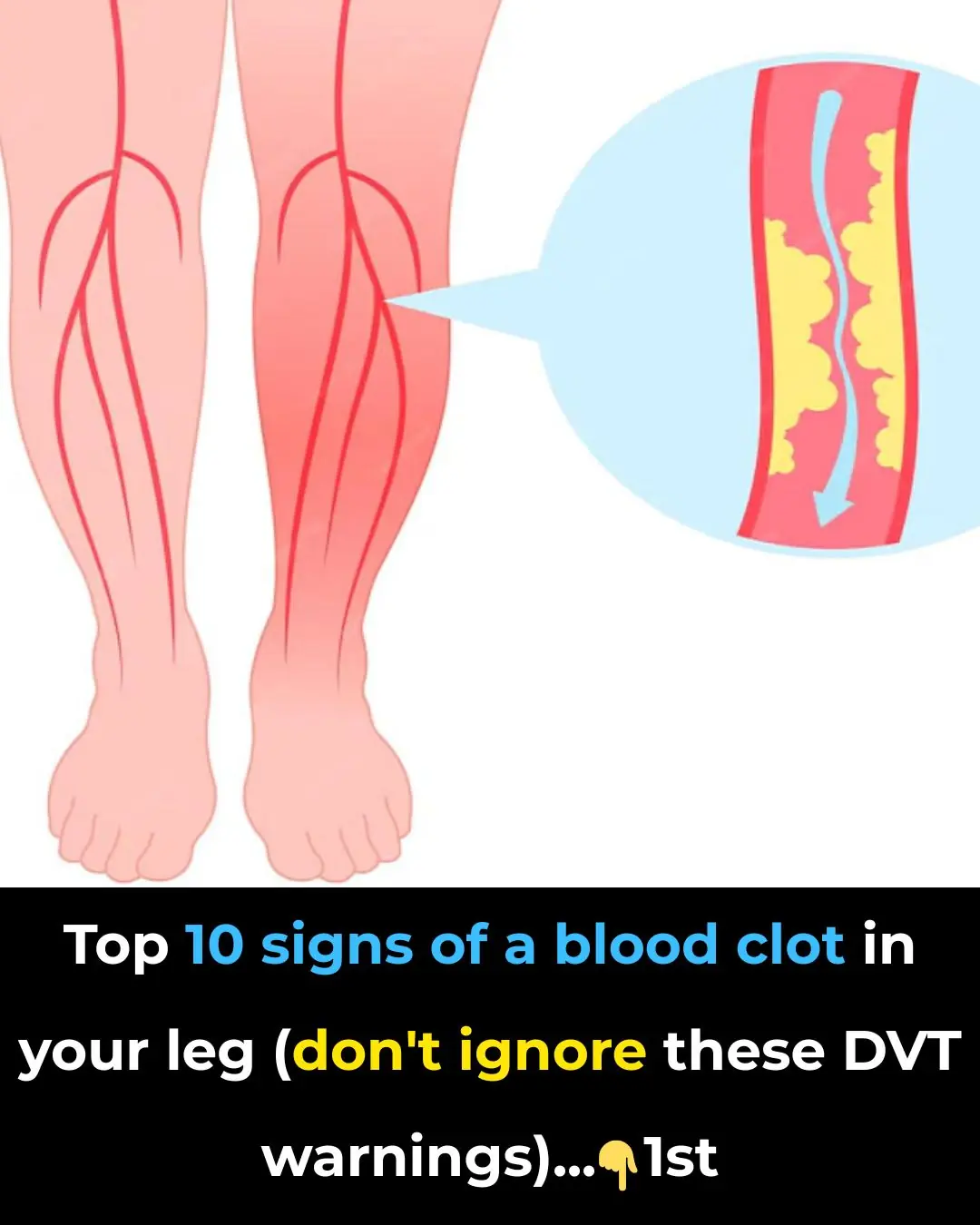
Top 10 signs of a BLOOD CLOT in your leg (prevent Deep Vein Thrombosis)

Say Goodbye to Parasites, Cholesterol, High Blood Pressure, and Poor Circulation With This 7-Day Homemade Drink
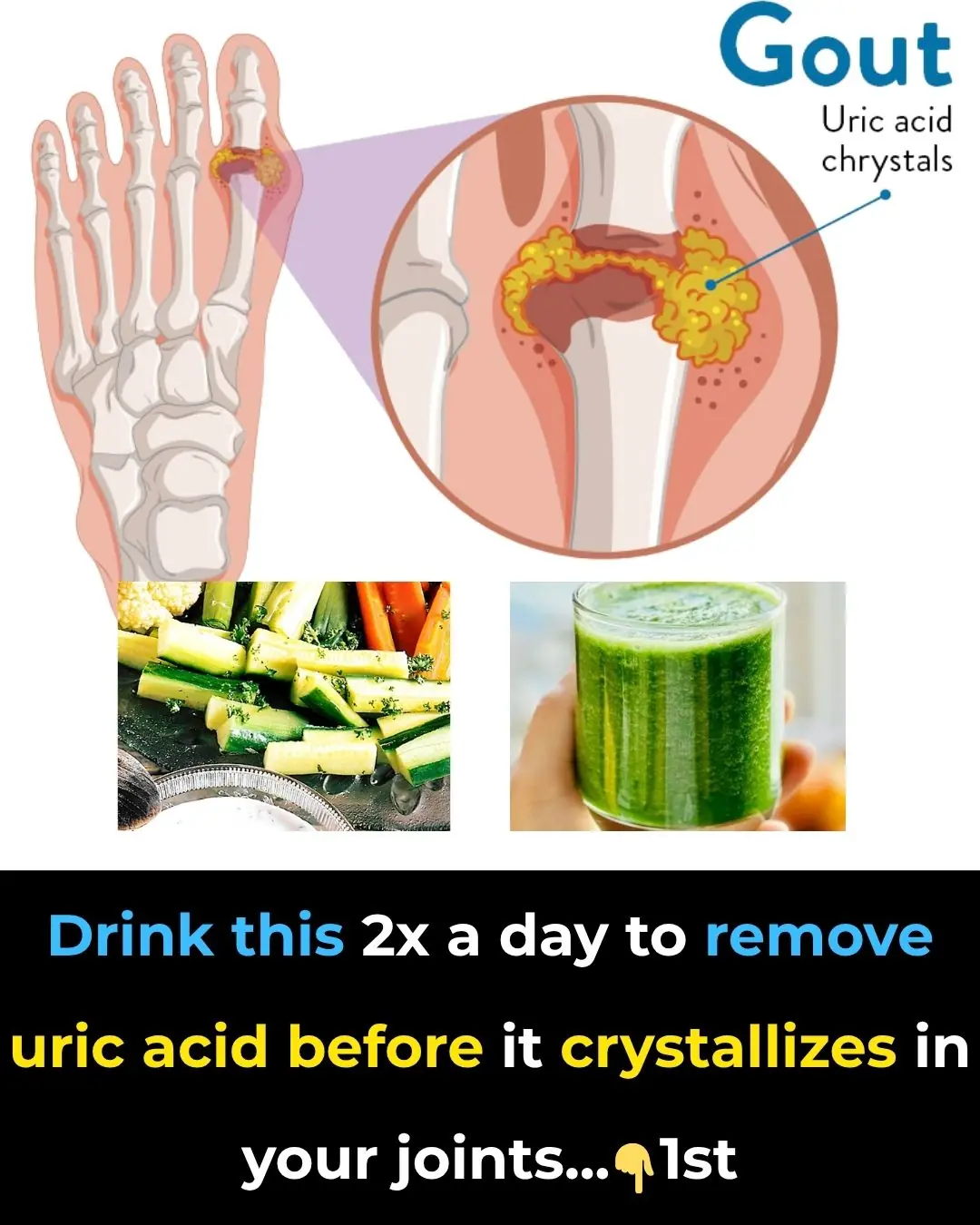
Drink This 2X a Day to Remove Uric Acid Before it Crystallizes in Your Joints and Becomes Painful
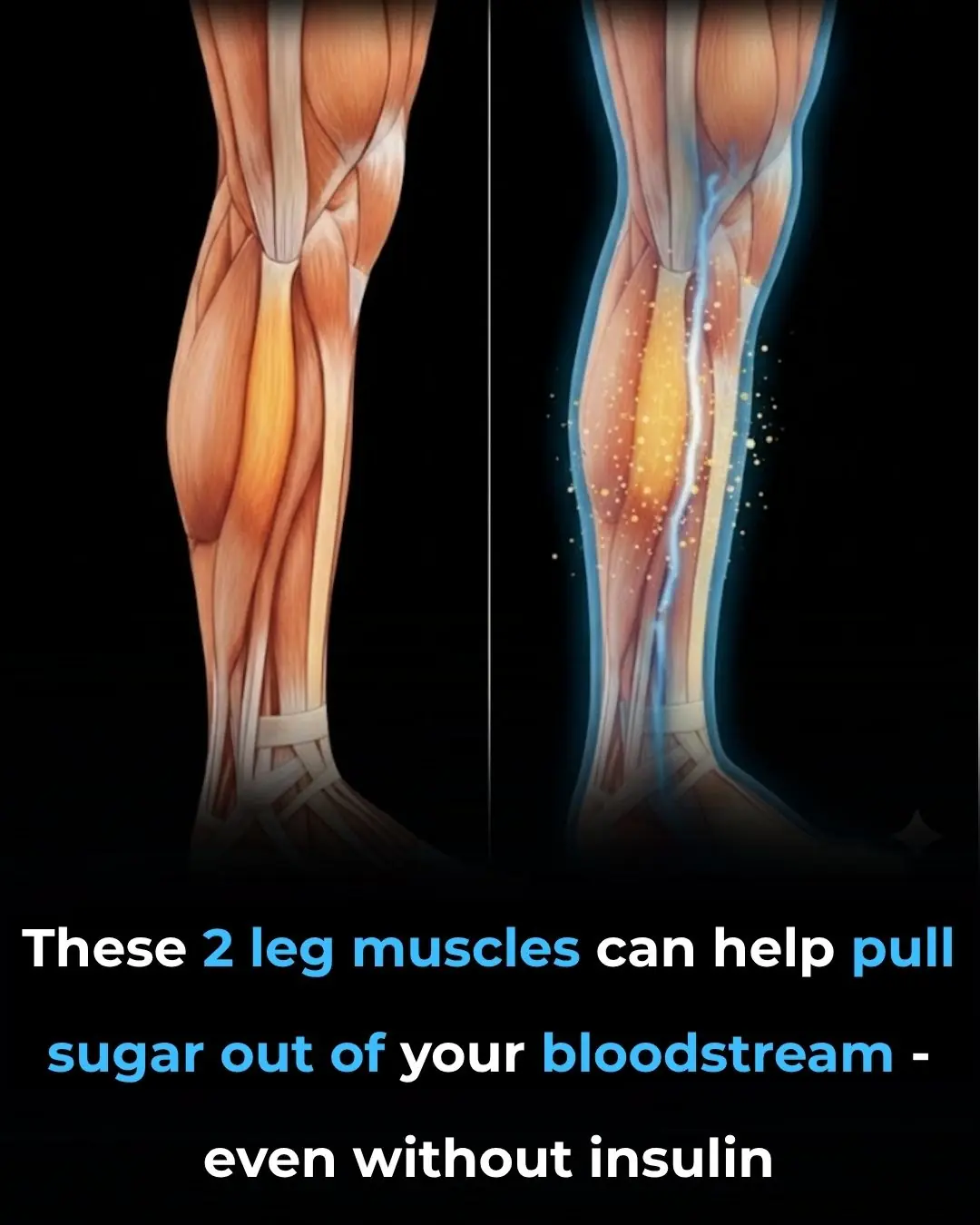
Lower blood sugar naturally by training just 2 leg muscles

3 Food Combo to Strengthen Your Heart

What Your Belly Is Trying to Tell You

1/4 teaspoon reverses gut inflammation & cleanses liver toxins

Vitamin D3 cuts second heart attack risk by half
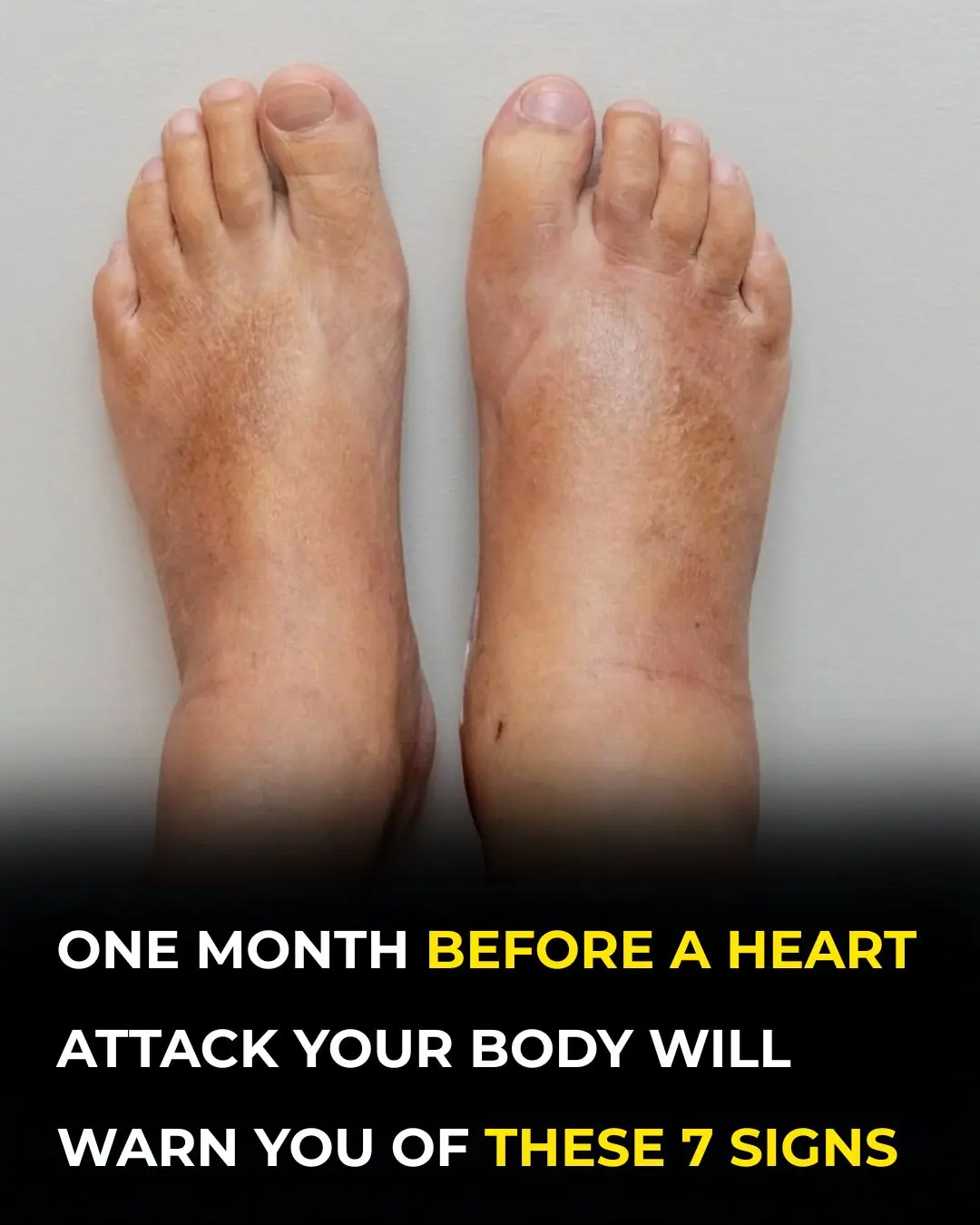
One Month Before A Heart Attack, Your Body Will Warn You Of These 7 Signs

1st death linked to “meat allergy” spread by ticks, doctors confirm

Ignite Your Day: Eggs + Coffee for Unstoppable Stamina & Vitality
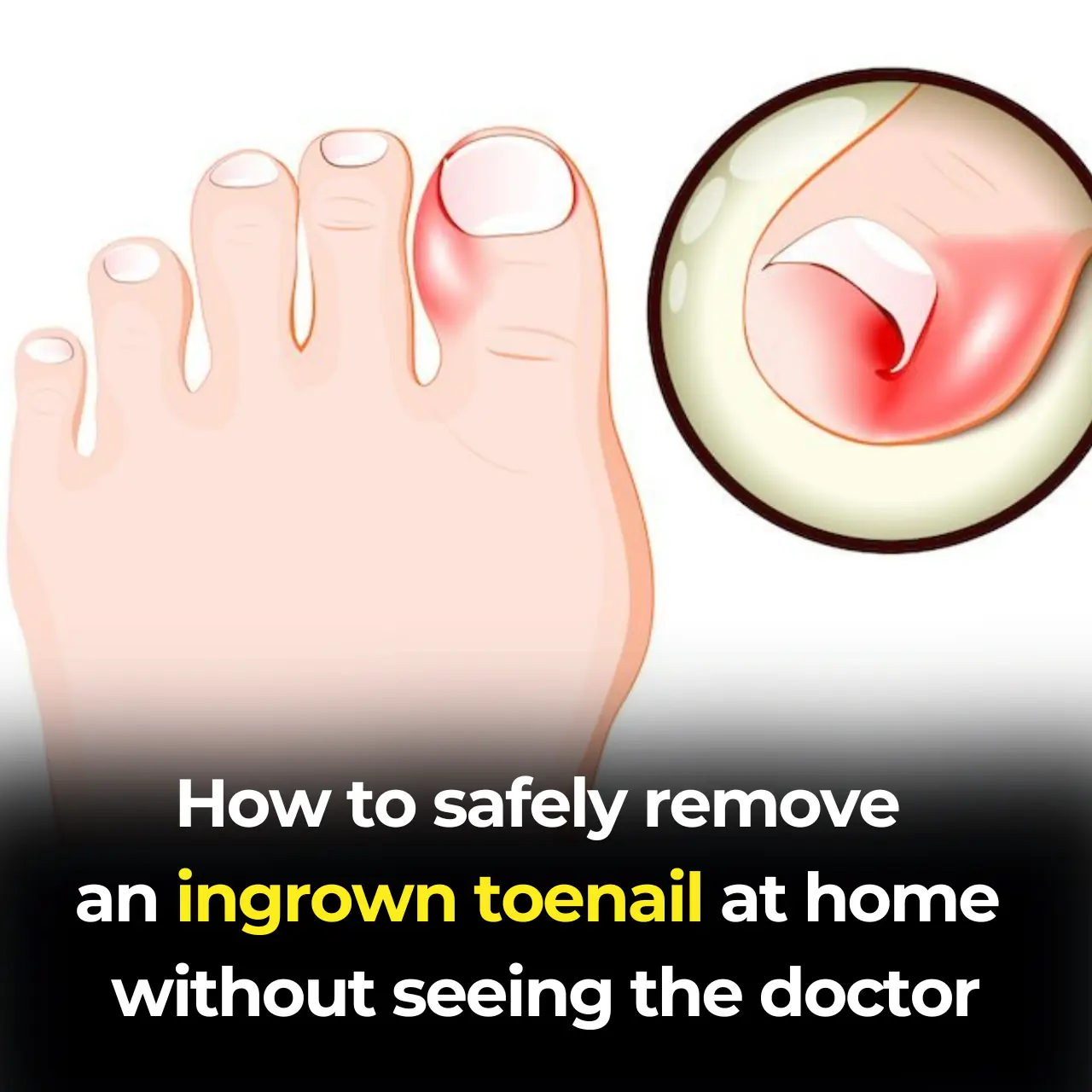
How to Effectively Remove a Painful Ingrown Toenail WITHOUT Having To Go To The Doctor

This Is What Happens To Your Lungs When You Dry Laundry Indoors

Medicinal Health Benefits of Turmeric, Curcumin and Turmeric Tea Based on Science

Home Remedies For Kidney Stones – 21 Remedies For Effective Pain Relief
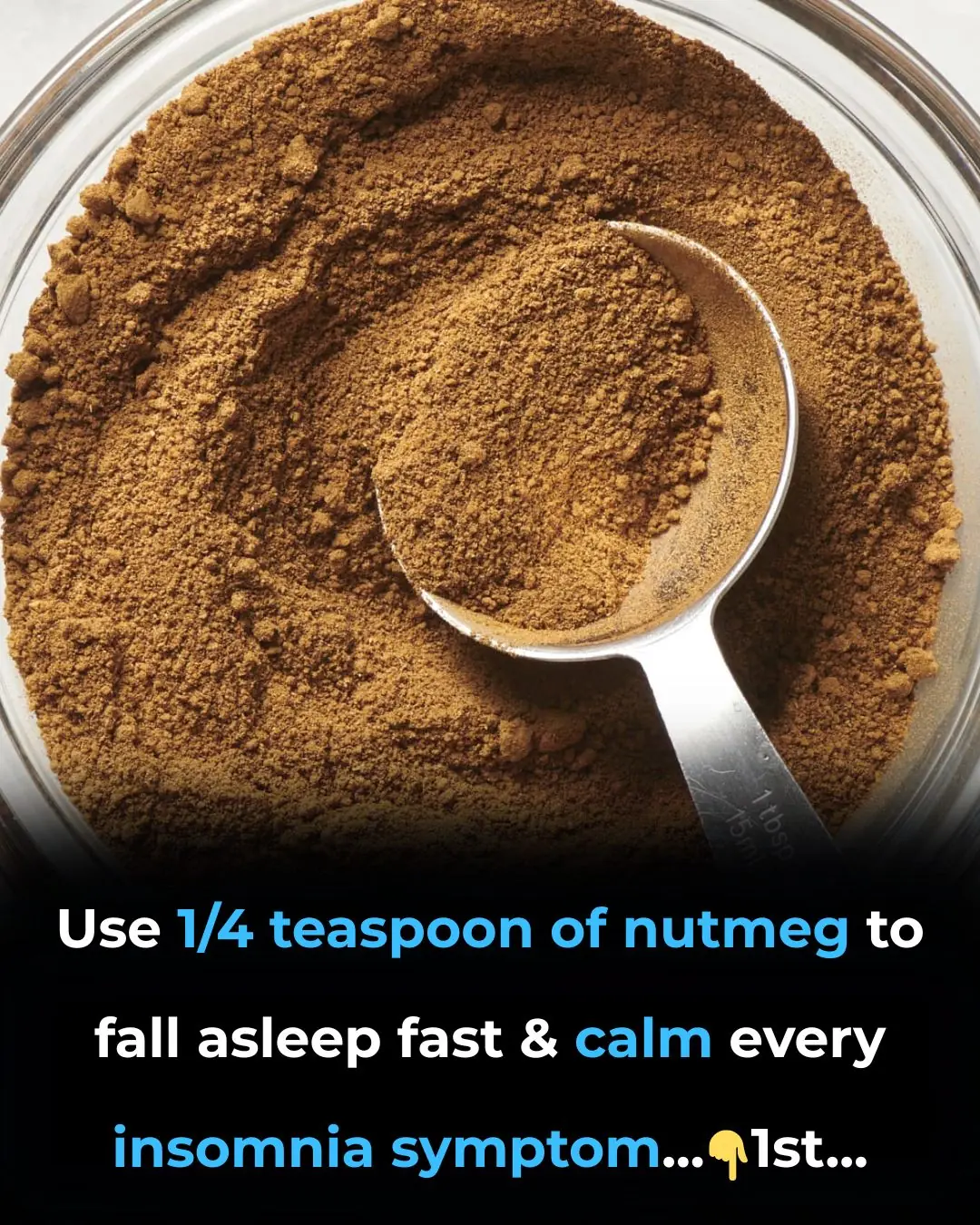
How to Use a ¼ Teaspoon of Nutmeg to Fall Asleep and Relieve ALL Your Insomnia Symptoms Overnight

8 Amazing Foods To Clean Out Your Toxic Liver
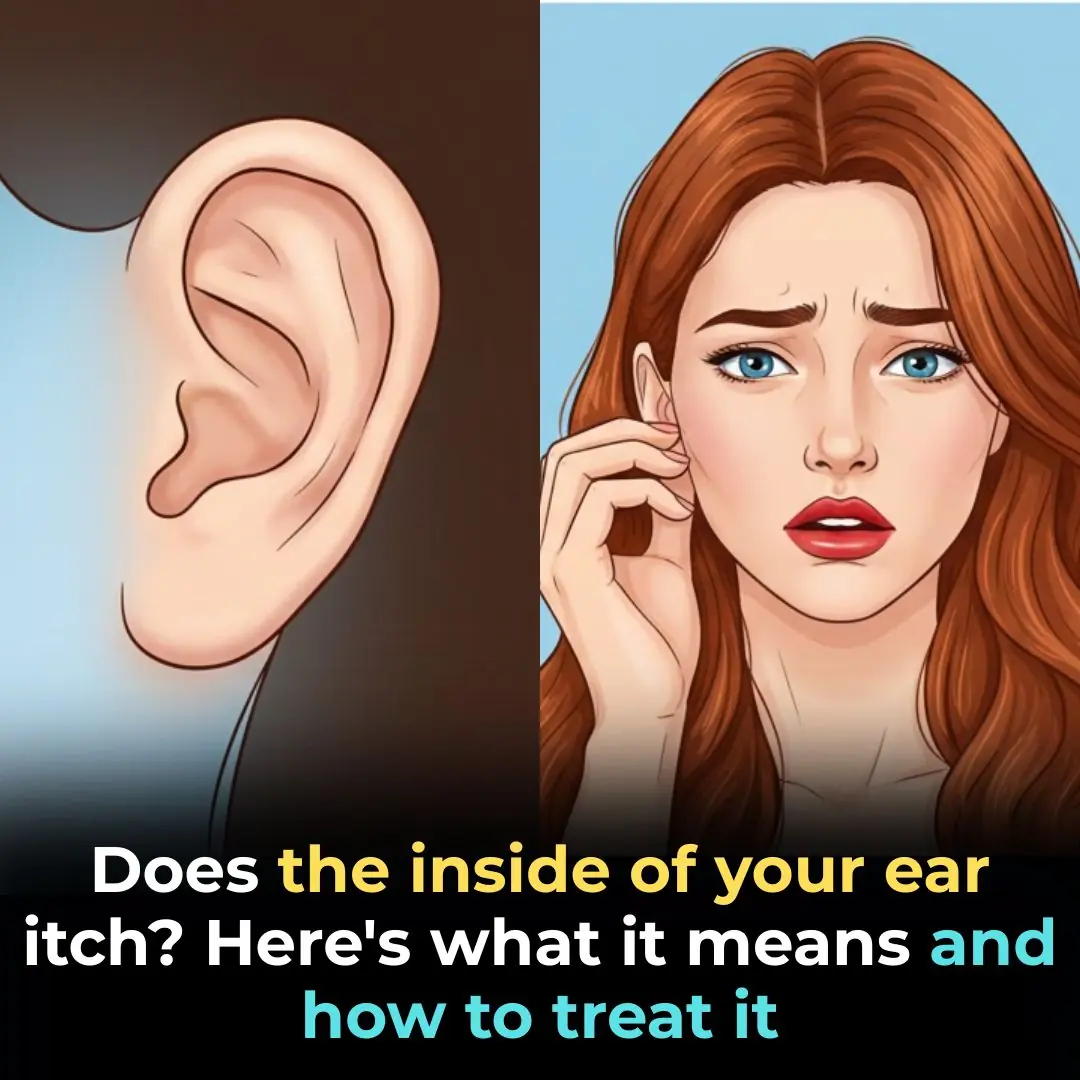
Does The Inside Of Your Ear Itch
News Post

Top 10 signs of a BLOOD CLOT in your leg (prevent Deep Vein Thrombosis)

Do not use a sharpening stone on dull scissors. Apply the following method to make the scissors as sharp as new ones bought from the store: Simple but effective

Don't rush to throw away expired or leftover beer. Use it for these 8 things and everyone will praise it

Weeds or Wonders? Discover the Hidden Treasures in These 4 Common Plants

Say Goodbye to Parasites, Cholesterol, High Blood Pressure, and Poor Circulation With This 7-Day Homemade Drink

Drink This 2X a Day to Remove Uric Acid Before it Crystallizes in Your Joints and Becomes Painful

Simple Tips to Fade Freckles for a More Even and Radiant Complexion

5 Effective Ways to Clean Rust, Grease, and Stubborn Stains from Your Gas Stove—Making It Shine Like New

Lower blood sugar naturally by training just 2 leg muscles

Boil eggshells and say goodbye to the …

3 Food Combo to Strengthen Your Heart

Lone Star Tick Bites: Dangers, Symptoms, And Urgent Steps To Take

If You See A Bent Tree In The Forest, Start Looking Around Immediately

If You See Someone With This Tattoo On Their Hand, Here’s What It Means

Bear Caesar Finally Freed After Years In Cruel Torture Vest

Man Isolates Himself From Society For Over 25 Years. What He Does Is Beyond Belief

Chilling Final Posts Emerge From TV Host’s 19-Year-Old Daughter Before Her Tragic Death In Los Angeles

Lady Frederick Windsor brands royal family’s lives ‘total hell’: ‘A form of torture’

Good Morning Britain's Ranvir Singh wows in flattering cord jumpsuit that 'fits perfectly'
